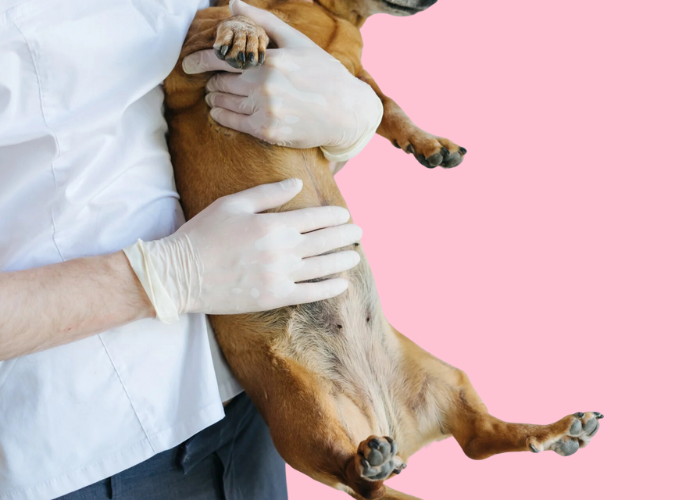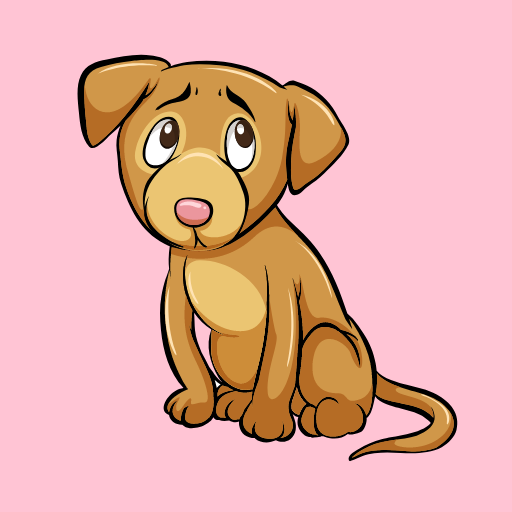Introduction
Canine bloat, also known as gastric torsion or twisted stomach, is a life-threatening condition that can affect dogs of any breed or size. It occurs when the dog’s stomach fills with gas and twists on itself, cutting off blood supply and causing severe pain. Early recognition and treatment are crucial in saving the dog’s life, as bloat can progress rapidly and become fatal if left untreated. It’s important to be aware of the connection between bloat and urination, as this can help you identify the signs of bloat and seek prompt veterinary care for your dog.

The Relationship Between Bloat and Urination
Effect of Bloat on the Urinary System
When a dog experiences bloat, it can have significant effects on their urinary system. The distended and twisted stomach places pressure on the bladder and urethra, which can make it difficult for the dog to urinate. Additionally, bloat can cause reduced blood flow to the kidneys, impairing their ability to filter waste and produce urine effectively.
Will a Dog With Bloat Pee
A dog suffering from bloat may face difficulty in urinating due to the pressure exerted on the bladder and urethra by the enlarged stomach. Furthermore, the compromised kidney function resulting from reduced blood flow may lead to decreased urine production. It’s essential to monitor your dog for any changes in urination habits and consult with a veterinarian if you suspect bloat or any other health issues.
Causes and Symptoms of Canine Bloat
Causes of Canine Bloat
There are several factors that can contribute to the development of bloat in dogs. Rapid eating and drinking can cause excessive air intake, leading to gas accumulation in the stomach. Exercising immediately after eating may also increase the risk of bloat, as it can cause the stomach to twist more easily. Lastly, genetics and breed predisposition play a significant role, with certain breeds such as Great Danes, German Shepherds, and Boxers being more prone to bloat than others.
Symptoms of Canine Bloat
Recognizing the symptoms of bloat is essential for seeking timely veterinary care. A dog suffering from bloat may exhibit a distended abdomen due to the gas buildup. They might also try to retch without producing any vomit, as the twisted stomach prevents the passage of food or fluids. Restlessness and pacing are common signs of discomfort, while rapid breathing may indicate that the dog is struggling to breathe properly. Finally, weakness and collapse could signal that the dog’s condition is worsening, requiring immediate veterinary attention.
Frequently Asked Questions (FAQ) About Canine Bloat
Q1: What breeds are most at risk for canine bloat?
A: While any dog breed can experience bloat, large, deep-chested breeds are more susceptible. Some of these breeds include Great Danes, German Shepherds, Boxers, Standard Poodles, and Weimaraners.
Q2: How can I prevent my dog from developing bloat?
A: To minimize the risk of bloat, consider feeding your dog smaller, more frequent meals and using slow-feeder bowls to encourage slower eating. Avoid strenuous exercise right after meals, and maintain regular veterinary check-ups to monitor your dog’s overall health.
Q3: How quickly can bloat become fatal?
A: Bloat can become fatal within a matter of hours if left untreated. Early recognition and prompt veterinary intervention are crucial in saving the dog’s life.
Q4: Is there a surgical option to prevent bloat?
A: Yes, a prophylactic gastropexy surgery can be performed, especially in high-risk breeds. This procedure involves attaching the stomach to the abdominal wall to prevent it from twisting. Consult with your veterinarian to determine if this option is suitable for your dog.
Q5: Can a dog fully recover from bloat?
A: With timely diagnosis and appropriate treatment, many dogs can make a full recovery from bloat. However, it is crucial to monitor them closely for any recurrence or complications and follow your veterinarian’s recommendations for prevention and care.
Conclusion
In conclusion, it’s vital to understand the importance of early recognition and treatment of canine bloat, as this life-threatening condition can progress rapidly and become fatal if left untreated. Remember that bloat can have a significant impact on a dog’s ability to urinate, leading to difficulties or changes in their urination habits. If your dog shows any signs of bloat or you have concerns about their health, don’t hesitate to consult with a veterinarian to ensure their well-being and safety.

Doctor of Veterinary Medicine (D.V.M.) at Nation Taiwan University,Master of Science (M.S.) in Biomedical Engineering at National Taiwan University of Science and Technology




